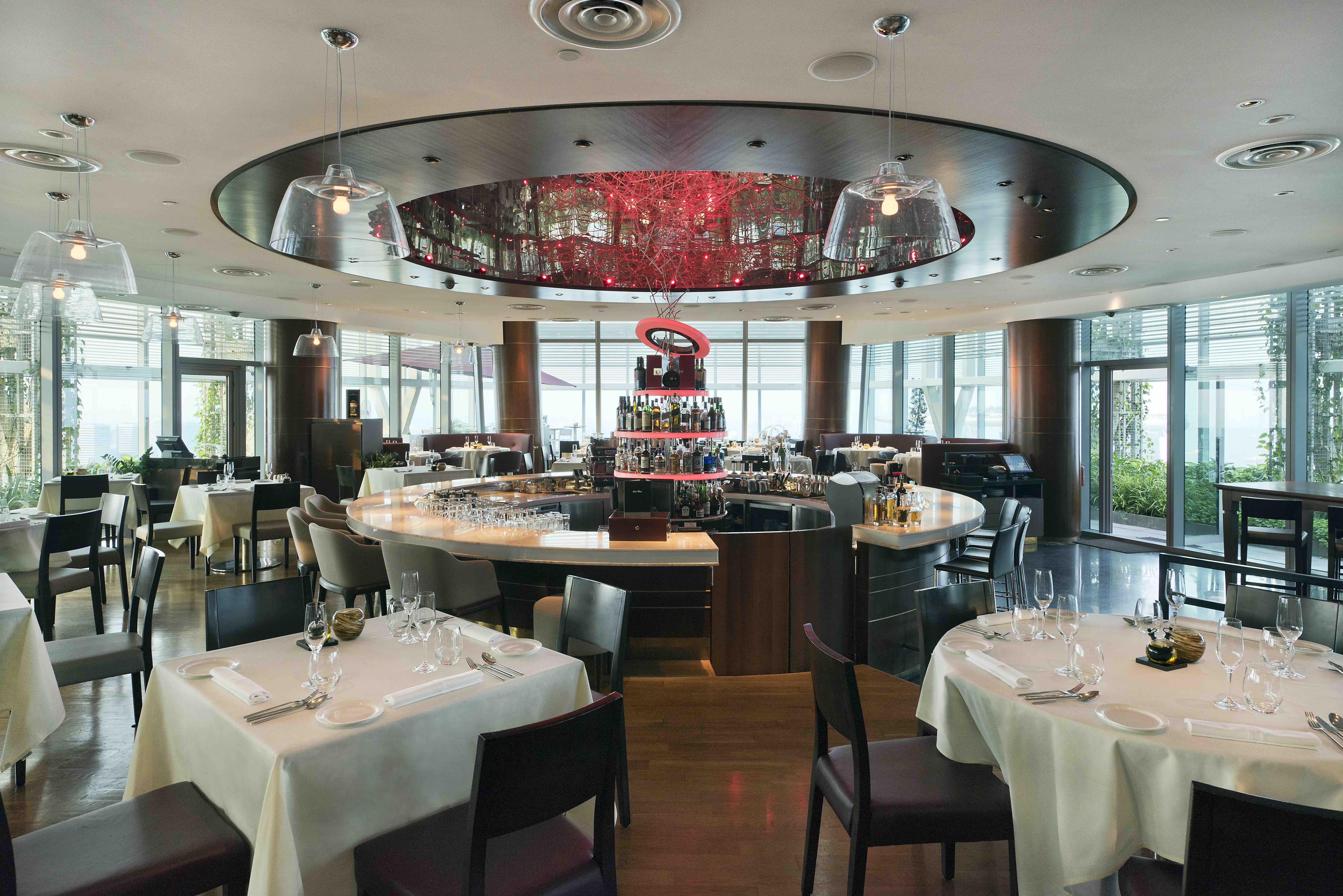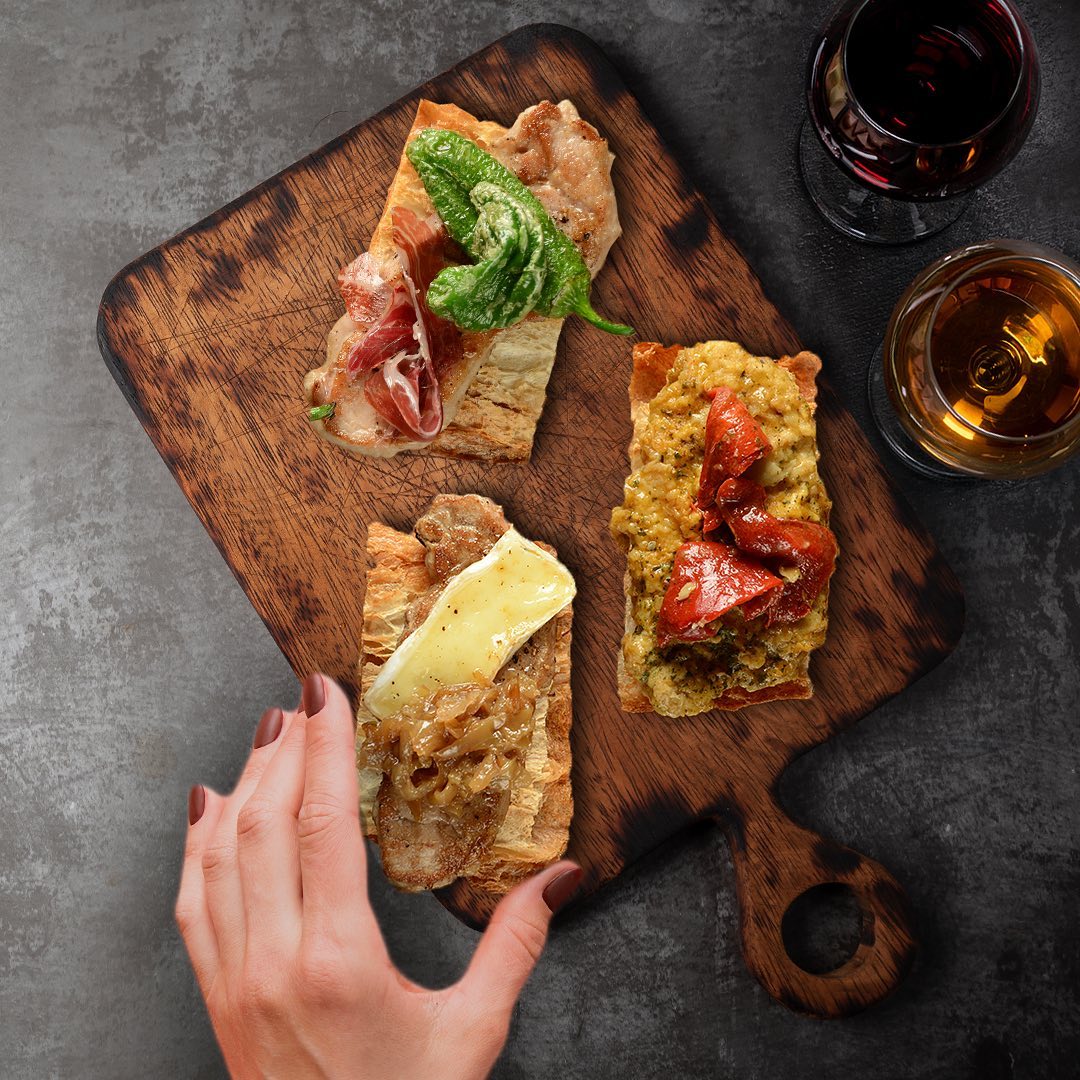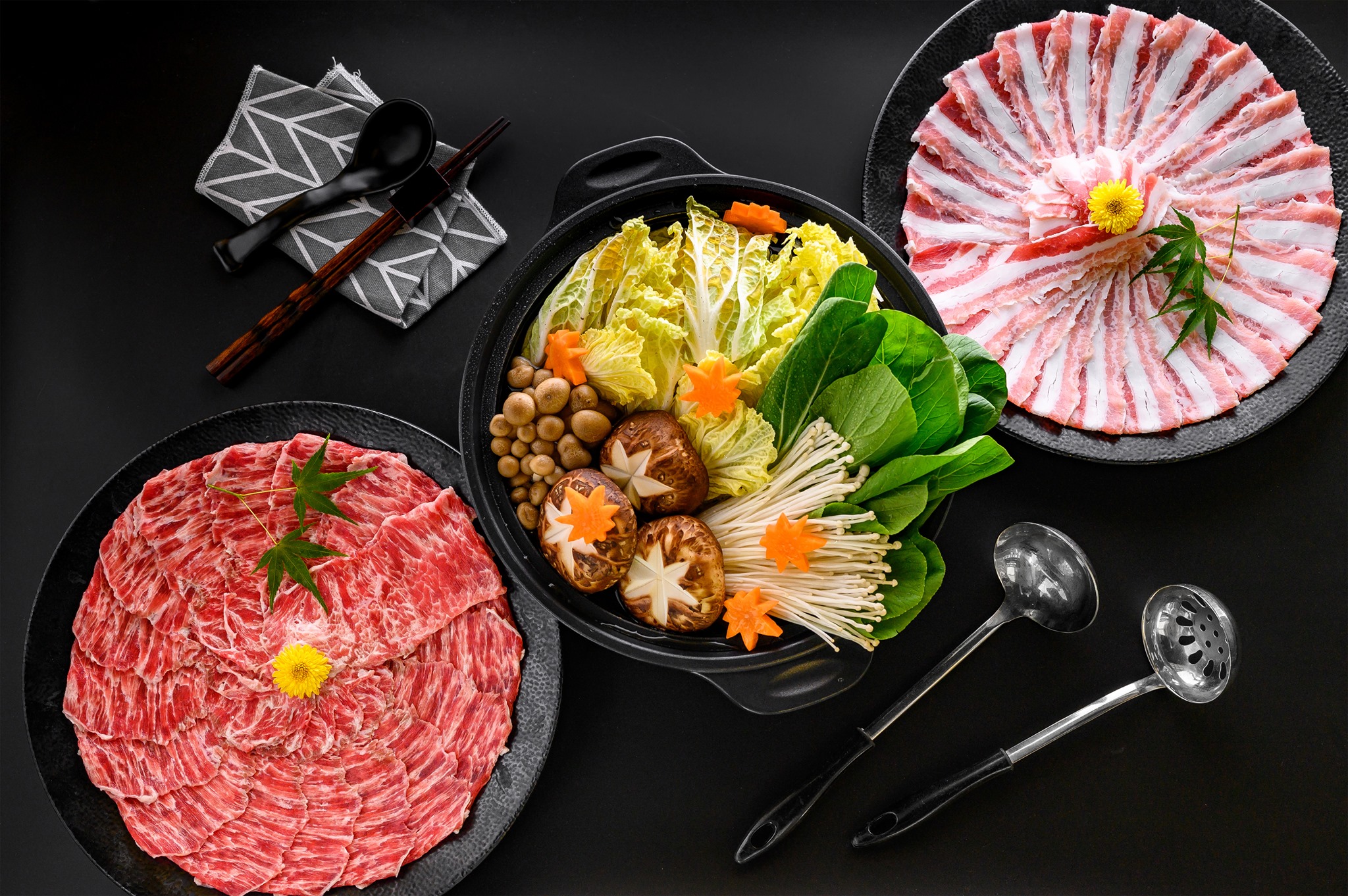What can we expect now that the reins have been handed over to you from Phillip Laffer, who has been driving Jacob’s Creek wines for the last 20 years?
It’s steady as she goes, with no radical changes. I believe in a progressive revolution of the style of our wines, in a way that meets the contemporary needs of the wine consumer. It’s a journey, for them and for us. I think one of the keys to our success is that we listen to what the consumer wants. There was a period of time when winemakers would make what they want and just expect the consumers to like it. Those days are gone.
Why the shift in Jacob’s Creek’s Reserve range to regional appellation?
Most people know that certain grape varietals are better suited to particular regions, so our new Reserve wines (such as Barossa Shiraz and Coonawara Cabernet Sauvignon) strongly reflect the personality of the region, as well as the variety from which it comes.
So, corks versus screw caps. What do you reckon?
Oh, definitely screw caps. I’ve found that it allows the wines to age well, due to the slower rate of oxygen exchange. The wine tastes fresher, because it’s aging exactly the way it’s supposed to. With corks, it’s less consistent and quality varies a good deal more.
How about wines made for aging, as opposed to ready-to-drink ones?
The truth is, less and less people are cellaring wines now, which inevitably puts pressure on winemakers to produce ready-to-drink wines. But there’s nothing quite like that warm, fuzzy feeling you get when you pull out a bottle after say, five years, and discover a more complex wine with softer tannins.
Jacob’s Creek Reserve range of regional wines will be available early next year at all good wine stores and supermarkets.





